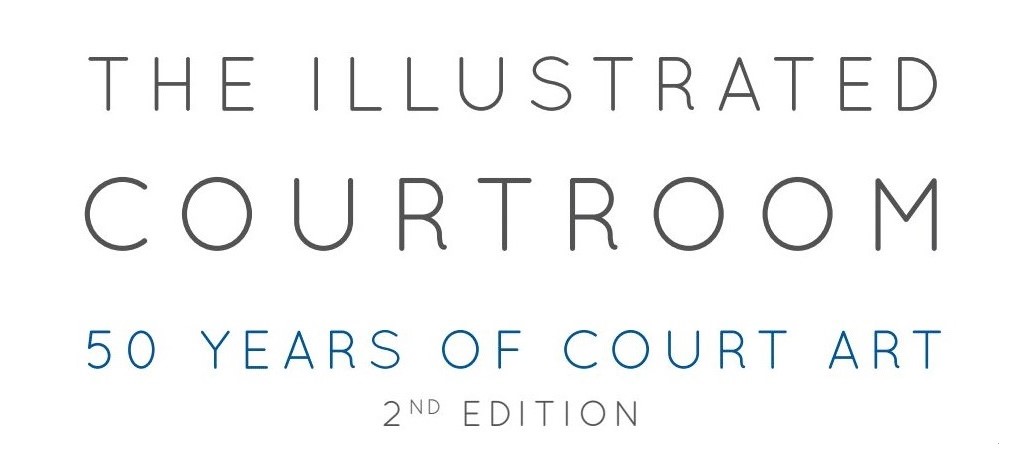January 04, 2016
St. Louis, Mo., Jan. 5, 2016 – Recent emails to area artists seeking to buy their art are another way scammers are targeting potentially vulnerable individuals, Better Business Bureau (BBB) warns.
“Scammers apparently think artists are likely to fall for these bogus offers,” said Michelle L. Corey, BBB president and CEO.
“No matter how flattering it may be to get an unsolicited offer for your work, BBB advises artists to be skeptical of emails that have no information about how or where they saw your work and give few details about who the so-called buyer is or where he or she is located.”
The emails, often riddled with grammatical errors and vague about the art they want to buy, usually ask the artist to contact them or send them links to a website. The scammers may claim to be from a distant state or country or in some cases claim to be active duty military about to be sent overseas. In a few cases, they do mention the piece of art they want to buy but often are vague about that, too.
Artists who’ve replied to the scammers say they may promise to send a “bank certified check” that covers the cost of an art work as well as shipping or other costs. The artist is asked to cash the check and pay the shipper, who is supposed to contact the artist after the money has been sent. Some buyers offer to use a credit card or PayPal, which also can be faked.
The scam resembles “fake check” or “overpayment” schemes in that a check – usually a fake – for more than the price of the artwork is sent to the victim, who is advised to refund the difference to the scammer or a third party, such as the shipper. If the victim deposits the check, it likely will bounce, and the victim will have to replace any money they withdraw based on that check. By that time, the “shipper” has taken money from the victim.
A St. Louis gallery said it had received many of the scam emails – often four or five identical emails to several of the organization’s email addresses. No direct contact information, such as the scammer’s actual address, was included except an email address from a free site, such as Hotmail, Gmail or Yahoo!
Several artists have compiled lists of hundreds of emails and names used by the scammers.
BBB advises artists to beware of unsolicited emails seeking to buy their work. More tips:
- If you receive an unsolicited email offer to buy your artwork, use a search engine to research the email address and name of the sender. Several sites compile lists of email addresses used by scammers.
- If there is no specific information other than a name and email address, be skeptical. A legitimate buyer likely would offer you more information about themselves and how to contact them.
- Be cautious if the email has no specific information on the art or if the person offers to buy several works without seeing them. Such an offer likely is too good to be true – another sign that it’s likely a scam.
- If the email offers to pay you more than the asking price of the art, beware. Scammers often use such “overpayment” offers to get the victim to send them money. Be especially cautious if you are asked to wire the money back to the emailer or the shipper or to buy reloadable payment cards to send the money back. It’s very difficult to get back money once it’s been wired or taken from a prepaid card.
- If you’re not sure whether the email is legitimate, contact BBB at 314-645-3300 or go to bbb.org.
For more consumer tips or to check out a business or charity, go to www.bbb.org or call 314-645-3300.
About BBB
BBB is a nonprofit, business-supported organization that sets and upholds high standards for fair and honest business behavior. Most BBB services to consumers are free of charge. BBB provides objective advice, free BBB Business Profiles on more than 5.3 million companies, 11,000 charity reviews, dispute resolution services, alerts and educational information on topics affecting marketplace trust. Visit bbb.org for more information.


